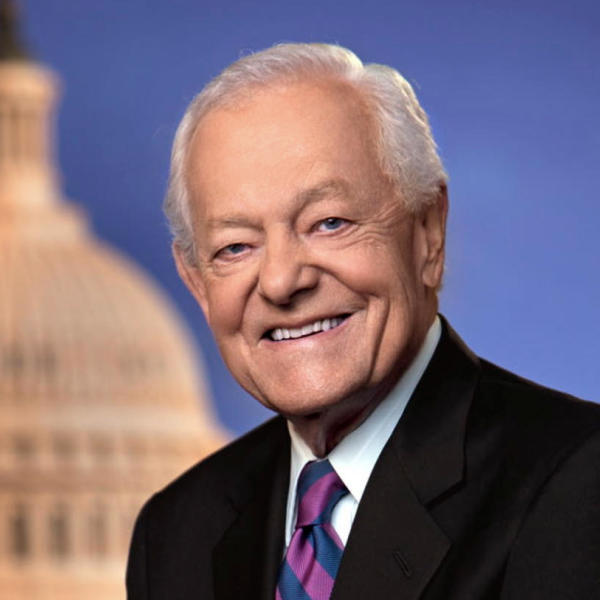1964, when "irrelevant differences" were laid aside in Washington
This week, President Obama and former presidents Clinton, Carter and George W. Bush will go to the LBJ Library in Austin to mark the 50th anniversary of the Civil Rights Act, the most important piece of civil rights legislation since Reconstruction.
The act was the culmination of an unlikely partnership -- Lyndon Johnson and Martin Luther King Jr. -- and it was in May of 1964, in the midst of a 60-day filibuster, that King appeared on "Face the Nation" to lobby support for the act.
Southern Democrats -- some of them Johnson's closest friends and allies -- wanted no part of the bill, and mounted the filibuster to block it.
King was clearly worried: "We find now that the forces of darkness are much more active, zealous and conscientious, and determined, than the forces of light," he said.
His message that Sunday was one of simple logic:
"Injustice anywhere is a threat to justice everywhere, and if this bill does not go through, it will jeopardize the strength, the maturity, and health of our nation."
As King mounted a moral crusade, Johnson pulled out all the political stops. He spoke out, he cajoled, negotiated, threatened, made deals and, most importantly, made an ally of Senate Republican Leader Everett Dirksen.
"Let us lay aside irrelevant differences and make our nation whole."
And he gave the first pen he used to sign the bill to Republican Leader Dirksen. "Without him, we would have had a bill," he said. "With him, we passed a law."
You don't hear that kind of talk much anymore.
